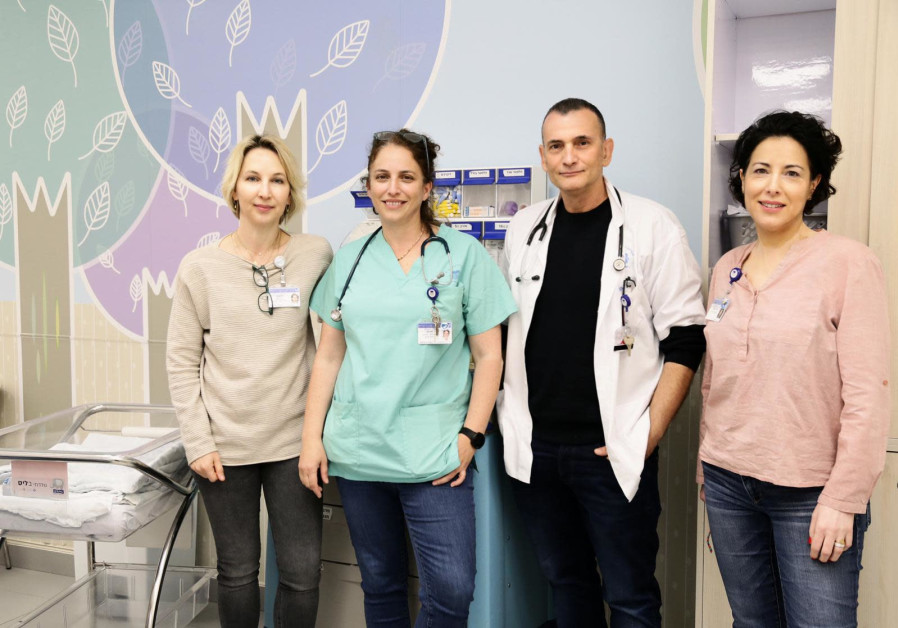It is healthy to nurse an older child and a newborn baby in tandem and to nurse an older child while pregnant, according to a first-ever study on the subject published Thursday by researchers from Tel Aviv's Sourasky Medical Center.“The most important aspect is that it is OK to breastfeed while pregnant and to breastfeed two kids together as long as the younger one is gaining weight properly,” said Prof. Ronit Lubetzky, head of the pediatric department and pediatric nutrition clinic at Sourasky's Dana-Dwek Children's Hospital.The paper was published in the Journal of Human Lactation.The researchers specifically examined the influence of nursing two offspring of different ages on the macronutrient content of the mother’s milk.Milk samples from 18 women who were already nursing another child were collected in the last month of pregnancy, 72 hours after birth (this milk is known as colostrum) and 14 to 60 days postpartum. That milk was compared to milk collected at the same intervals from non-tandem nursing mothers.The researchers found that the colostrum and the “mature” milk was nearly the same in both groups of women. The only difference was that there was a higher carbohydrate content in the milk produced by the women who were nursing in tandem.In addition, in comparing the milk of the pregnant women who were nursing to their colostrum and mature milk, it was found that the fat content of the pregnancy milk was lower than in the colostrum and mature milk. In other words, a significant change happens in milk macronutrient content between the last month of pregnancy and the birth of the baby so that the milk becomes more similar to those who are not breastfeeding another child and appropriate for the newborn. “The colostrum became very good colostrum - like regular colostrum,” Lubetzky stressed. “The body knew it had gone through labor and the milk changed… The body is super smart.”She said that the most important thing a mother can give her baby is colostrum and that she tells new mothers who are not planning to breastfeed to “just do it for the first three days.”The average age of the toddlers in the study was two years old.Lubetzky said that mothers who do choose to nurse two children at once should feed the younger one first to ensure the baby gets all the nutrients that it needs since the older child is not solely reliant on breastmilk for nutrition.Breastfeeding for longer periods of time has become increasing popular in recent years, Lubetzky said, as some studies have shown that children who are nursed develop fewer infections and even have improved intelligence. Studies have also indicated that breastfeeding provides protection against becoming overweight and developing diabetes and cancer.
Good news for moms: Breastfeeding toddlers, infants at same time is OK
The researchers specifically examined the influence of nursing two offspring of different ages on the macronutrient content of the mother’s milk.
